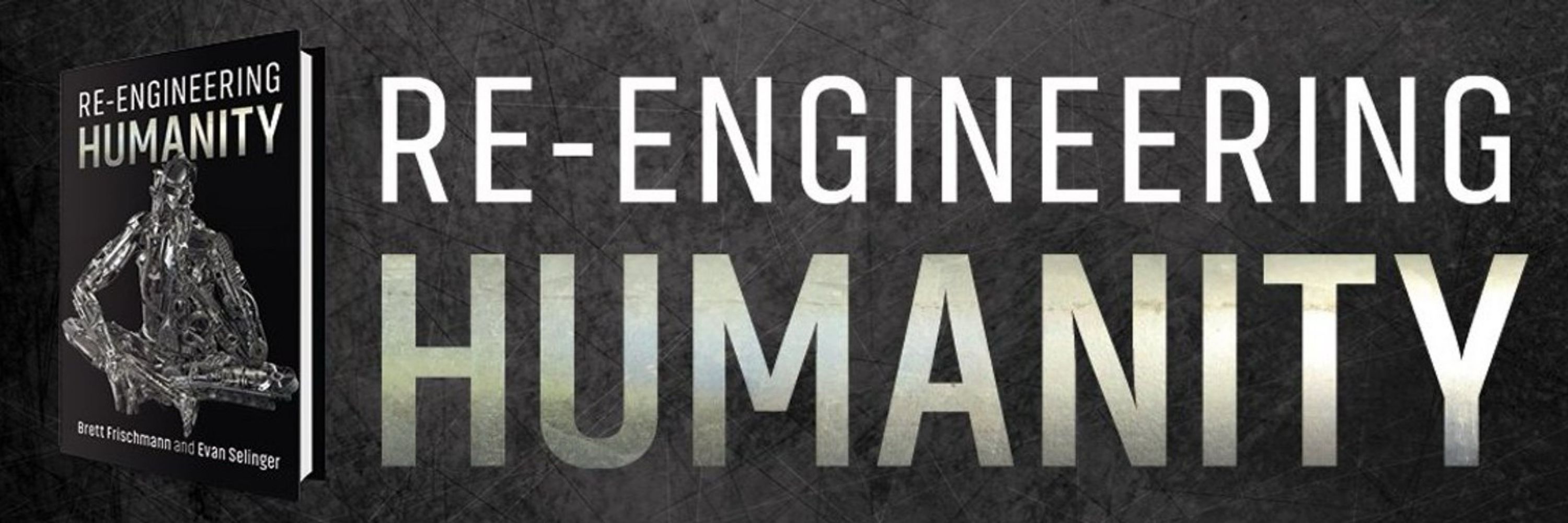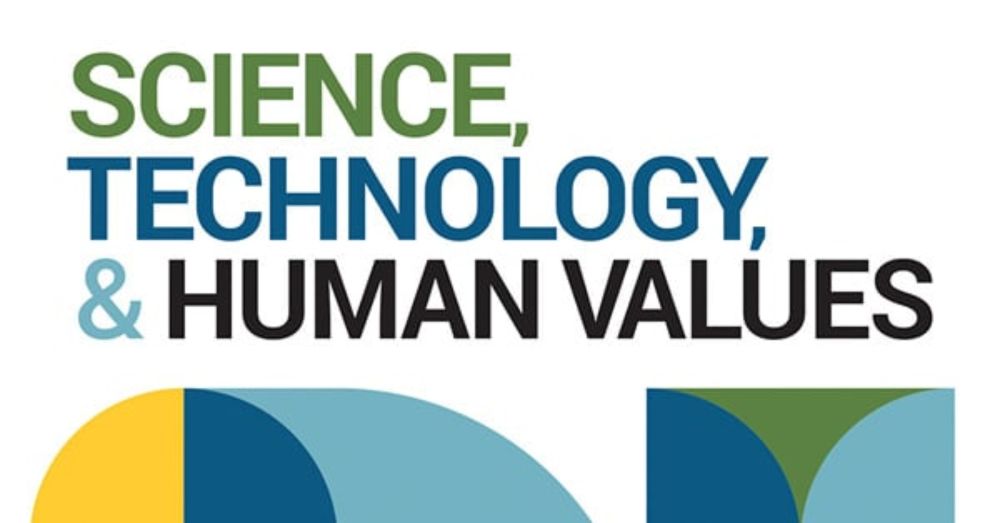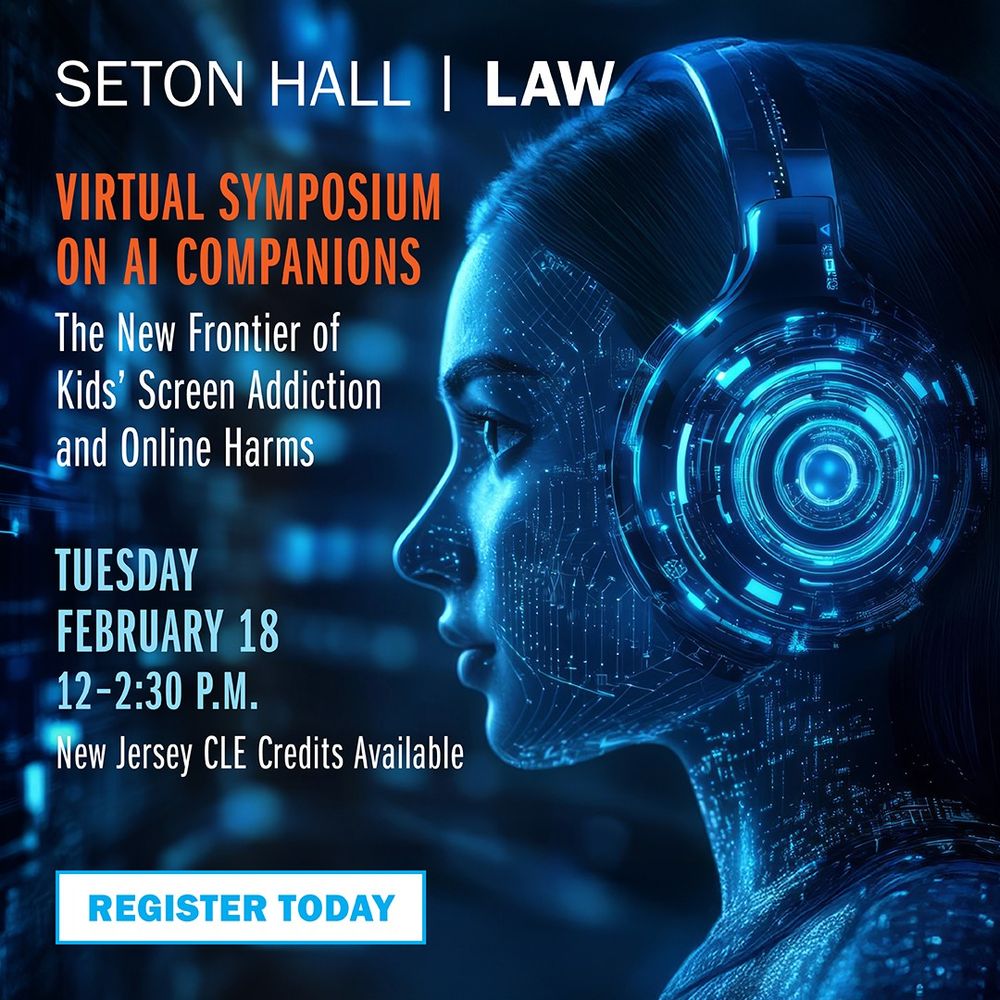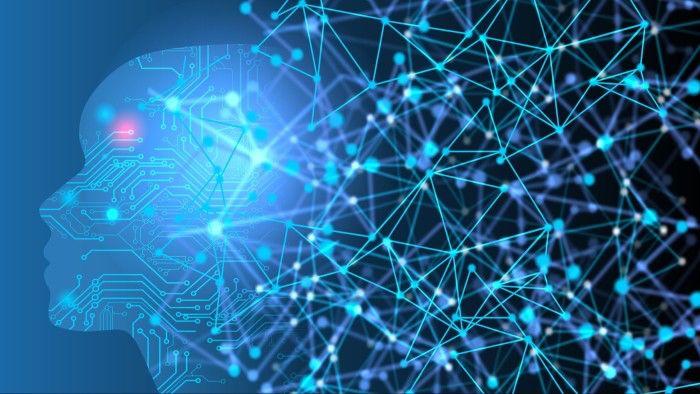Prof. Philosophy at RIT. Contributing writer at Boston Globe Ideas. Tech (yes, AI), ethics, privacy, policy, and power. http://www.eselinger.org/
Reposted by Evan Selinger
Reposted by Fabián Muniesa, Evan Selinger, Jack Stilgoe
Reposted by Evan Selinger, Aleksandra Kuczerawy

Reposted by Evan Selinger
Reposted by Evan Selinger, Pete Fussey
Reposted by Evan Selinger
Reposted by Evan Selinger
Reposted by Evan Selinger
Reposted by Evan Selinger
Reposted by Evan Selinger, Leticia Bode

Reposted by Evan Selinger, Ari Ezra Waldman
Reposted by Evan Selinger

Reposted by Evan Selinger














